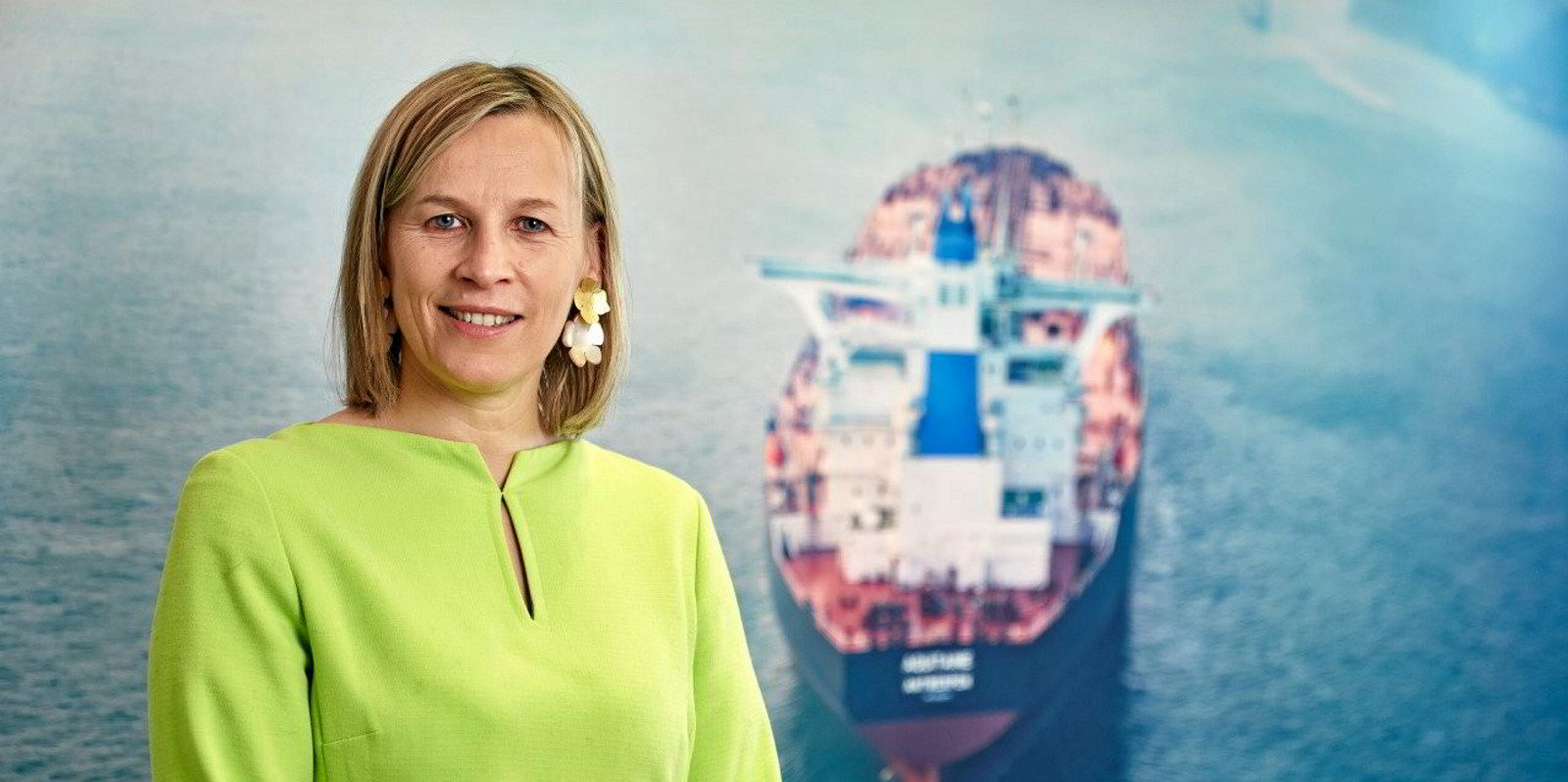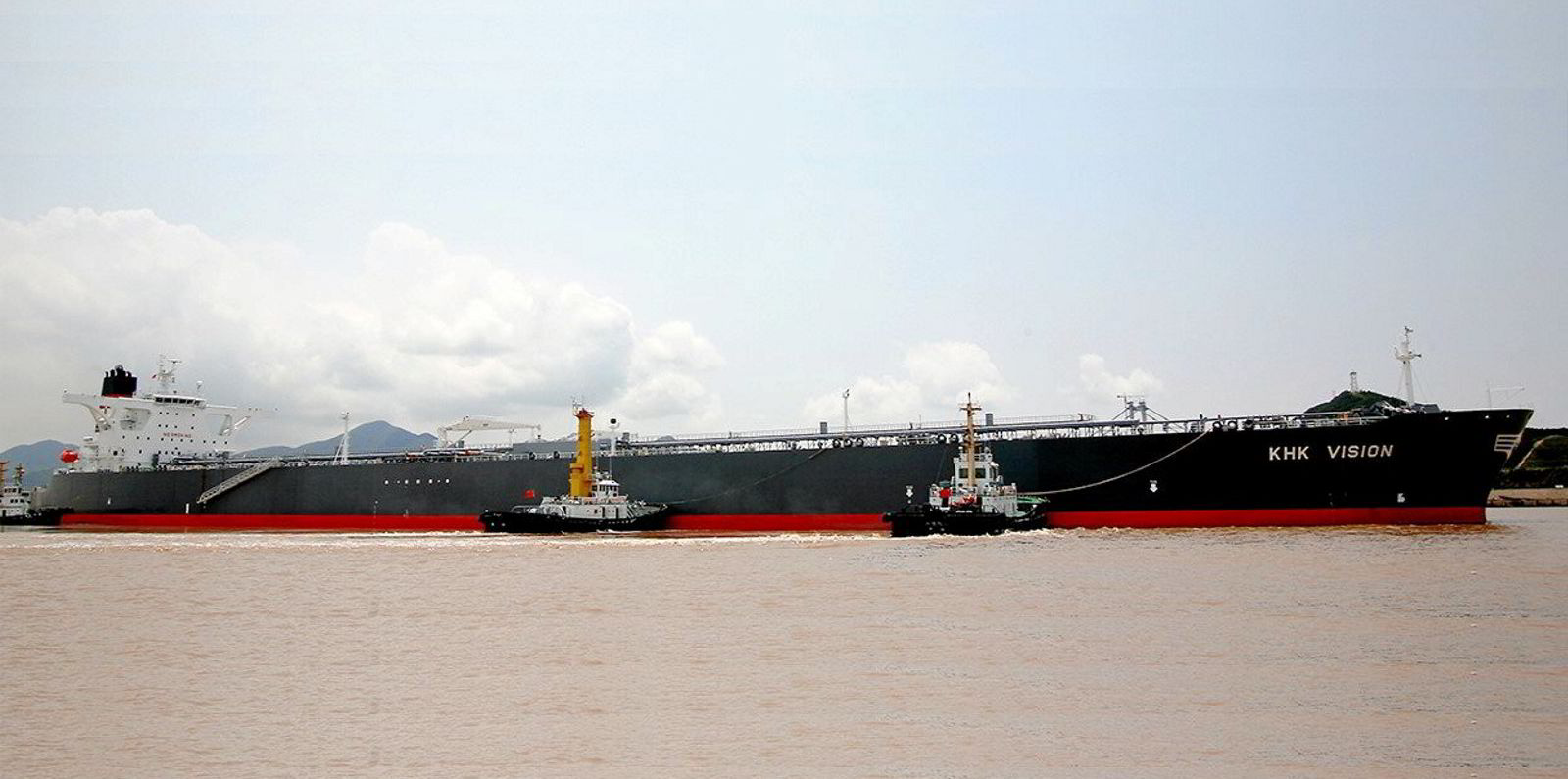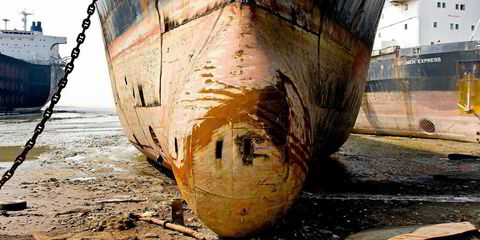Belgian tanker giant Euronav has scrapped its dividend payment for the third quarter as it awaits a change of control following the Frontline-Compagnie Maritime Belge deal.
In October, its two main shareholders agreed to effectively split the company, with Fredriksen’s Frontline paying $2.35bn for 24 modern VLCCs and the CMB-controlling Saverys family buying the tycoon’s stake and committing to launching a takeover offer.
On Thursday, Euronav said there would be no payout to shareholders while the transactions played out.
There will also be no earnings call with analysts “as Euronav is at an inflection point in its development with the strong likelihood of a change in controlling interest and strategic direction adopted”, the shipowner said.
CMB has said it will be retaining Euronav’s dual listings in Brussels and New York, and could sell some or all of its low-emissions vessels to the company.
The mandatory offer price will be the same as that being paid for Fredriksen’s shares — $18.43 each — less any dividend that would be paid.
Euronav said the huge VLCC sale price reflected market value at a high point in the cycle.
The company added that failure to strike a deal resolving the strategic impasse “would have become detrimental to the company’s business and shareholder value”.
The owner revealed a big jump in earnings for the quarter, with net profit growing to $114.6m from $16.4m in 2022.
Revenue climbed to $278.4m, versus $223.5m the year before.
Historically strong rates
The company said rates were strong compared to the historic average for the period since 1990.
VLCC spot rates were $42,250 per day to 30 September, up from $22,250 a year ago, while suezmaxes managed $42,750 per day, against $34,000.
Fourth quarter spot rates to date stand at $34,000 per day for 49% of VLCC days and the same for suezmaxes from 52% of days booked.
But levels are now on the rise, Euronav added.
Lieve Logghe, chief financial officer and interim chief executive, said: “The third quarter exhibited a relatively typical trading pattern as the tanker markets adapted to the extra Opec production and export reductions, along with indications of a slight decline in crude oil demand.”
And she added: “After many months of uncertainty, a transaction between our two reference shareholders was agreed. We believe this will leverage the value that Euronav and its people have created through many years of hard work.”
Logghe believes the agreement represents a balanced outcome for shareholders, who now have the choice between realising that value in cash or following Euronav in a fresh strategic direction under a new controlling shareholder.





